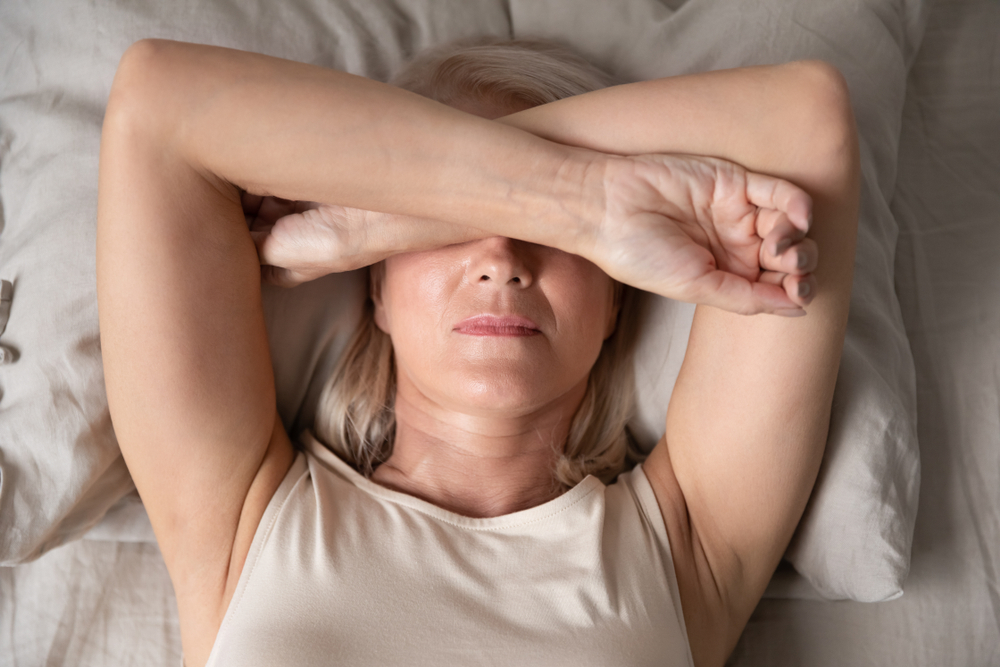Google searches for “hangxiety” have increased by 44% in the last year, as people search for tips and tricks to combat the feeling of anxiety after a night of drinking.
Dr Gayle Watts, HCPC-registered clinical psychologist at Turning Tides Psychology, explains why people suffer from hangxiety, and five things that you can do to feel better after a night of drinking.
What is hangxiety?
Hangxiety is a term used to describe feelings of anxiety after a night of drinking. While the physical symptoms of a hangover can make you feel unwell, psychological symptoms can also take a toll.
Symptoms can include overthinking, as well as feelings of regret and worry. You might find yourself wondering what you said or did, and whether you’ve embarrassed yourself or hurt someone’s feelings.
Social anxiety can amplify these feelings. Those who experience social anxiety might use alcohol as a way to loosen up and cope with social situations, a phenomenon known as “alcohol-induced social facilitation”.
Research shows that alcohol temporarily reduces inhibitions and boosts sociability by triggering the brain’s reward system and releasing dopamine. However, this effect is short-lived – alcohol disrupts neurotransmitters like serotonin and GABA, which regulate mood and anxiety.
As the effects wear off, a “rebound effect” can occur, heightening anxiety and replacing the earlier sense of calm. This cycle can lead people to rely on alcohol for relief, only to feel worse afterwards. Recognising this pattern is key to breaking it and adopting healthier coping strategies.

Tricks for combating hangxiety
Dr Gayle Watts at Turning Tides Psychology shares her practical tips to help you feel better after drinking:
Shift your perspective
“One of the hardest things about hangxiety is that it makes you fixate on what you might have said or done,” Gayle says.
“But January is about looking forward. Instead of dwelling on the past, use it as a chance to reflect on how you want to approach social situations going forward.
“If alcohol tends to make you feel anxious, setting some boundaries or being more mindful with your drinking can help.”
Prioritise your sleep
“Alcohol can really mess with your sleep, and that grogginess the next day just makes everything feel worse,” Gayle explains.
“January is a great time to set the intention to prioritise rest. Whether it’s sleeping in, taking naps, or creating a relaxing evening routine, rest is key to feeling more balanced and ready to face the day.”
Practise deep breathing
“If you wake up with that familiar anxious feeling, I always suggest focusing on your breath,” Gayle shares. “The 4-4-4 method works wonders—inhaling for four seconds, holding your breath for four seconds, and exhaling for four seconds.
“It helps to calm your racing heart and bring some clarity to your mind. It’s such a simple technique, but it can really turn things around.”
Evaluate your habits for next time
“January is a natural time to think about changes,” Gayle notes. “If hangxiety is something you struggle with, it’s worth looking at your habits. Eating before you drink or alternating alcohol with water can make a huge difference.”
“I always say it’s not about giving up completely—unless that’s your goal—but about making small changes that help you wake up feeling calm and refreshed instead of full of worry.”
Take care of the physical symptoms
“Addressing physical symptoms can really help ease the mental strain,” Gayle explains, “Rehydrating after drinking is crucial, and it’s a simple habit to adopt as part of a January reset. Drinking plenty of water and eating something light, like dry toast or a banana, can settle your stomach and help you feel more balanced overall.
“When your body feels better, it’s so much easier to manage anxious thoughts.“





